- ArcTrain
- PhD students 2nd cohort
PhD students 2nd cohort
Aleksei Buinyi
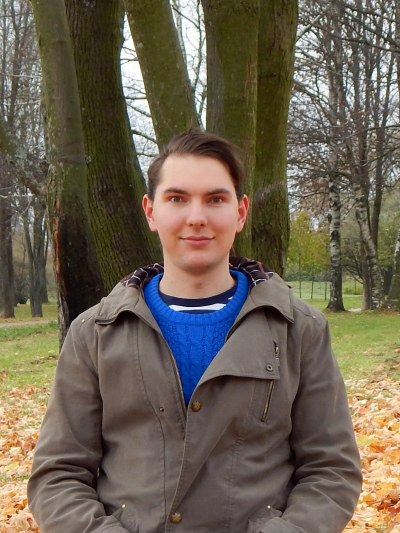
| Institution: | University of Bremen |
| Office: | NW 1, Room M-3160 |
| Telephone: | |
| Email: | [Bitte aktivieren Sie Javascript] |
| Website: | |
| Project: | HB 2-7 Impacts of fronts on detachment of waters from the boundary current and consequences for their lateral spreading within the subpolar gyre of the North Atlantic |
Sabrina Hohmann
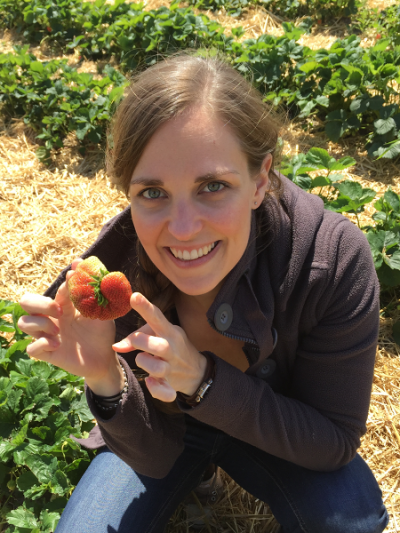
| Institution: | University of Bremen |
| Office: | Marum II, Room 2050 |
| Telephone: | +49 (0)421 218 65975 |
| Email: | [Bitte aktivieren Sie Javascript] |
| Website: | here |
| Project: | HB 2-9 Consequences of past environmental change for marine ecosystems of the Baffin Bay |
Mattia Greco
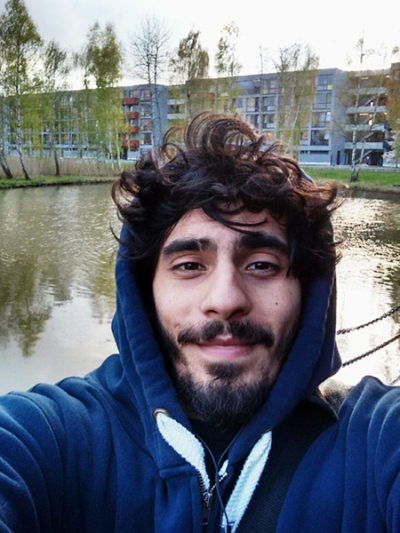
| Institution: | University of Bremen |
| Office: | UFT, Room 1560 |
| Telephone: | +49 (0)421 218 65972 |
| Email: | [Bitte aktivieren Sie Javascript] |
| Website: | |
| Project: | HB 2-10 Assessing the ecology of the planktonic foraminifer Neogloboquadrina pachyderma |
Remi Ienny
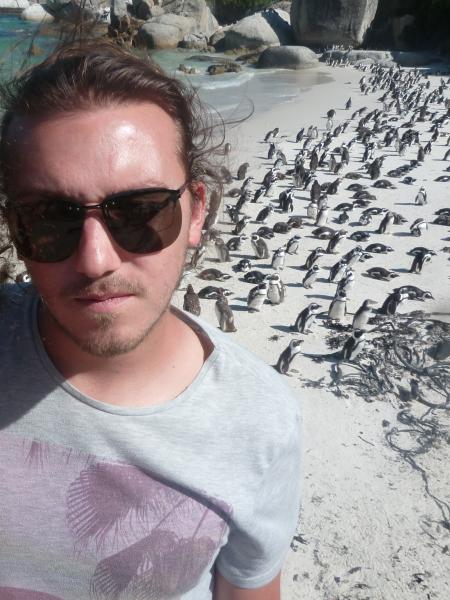
| Institution: | University of Bremen |
| Office: | GEO, Room 5490 |
| Telephone: | |
| Email: | [Bitte aktivieren Sie Javascript] |
| Website: | |
| Project: | HB 2-11 Fate and impact of deglacial meltwater runoff in the northwesten Atlantic Ocean |
Hi there! My name is Rémi and I come from France. I did my bachelor's degree in fundamental physics in the Montpellier University 2 (UM2). With this background in physics, I studied oceanography which is very interesting for its pluridisciplinarity. During my master's degree in physical oceanography at Aix-Marseille University (AMU), I get the opportunity to work with a general circulation model to simulate and understand the oceanic circulation. The aim of my PhD with the ArcTrain program is to investigate the impact of deglacial meltwater runoff from the Laurentide ice sheet. This runoff is thought to be responsible for abrupt changes in the circulation of the northwestern Atlantic Ocean during the last deglaciation. A regional coupled ocean-sea ice model, based on the MIT general circulation model (MITgcm), is used to study and trace the meltwater in the northwestern Atlantic Ocean.
Alexandra Kazlova
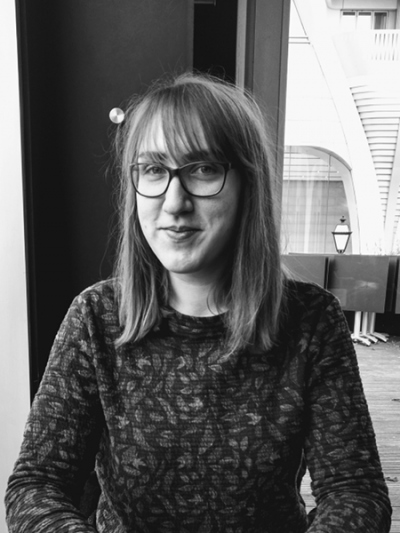
| Institution: | University of Bremen |
| Office: | SPT, Room C3220 |
| Telephone: | +49 (0)421 218 62184 |
| Email: | [Bitte aktivieren Sie Javascript] |
| Website: | |
| Project: | HB 2-1 Changes in Arctic sea ice dynamics observed by satellites |
Lina Madaj
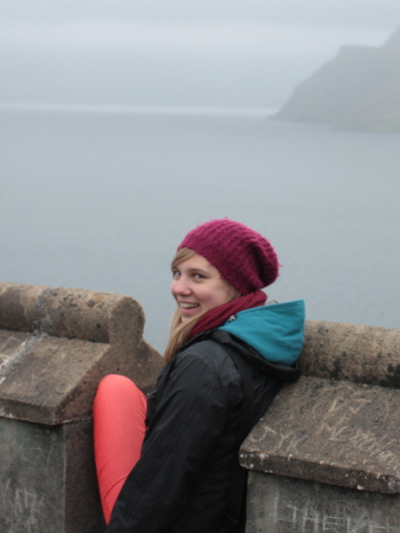
| Institution: | University of Bremen |
| Office: | MARUM I, Room 1260 |
| Telephone: | |
| Email: | [Bitte aktivieren Sie Javascript] |
| Website: | here |
| Project: | HB 2-12 Impact of meltwater events on weathering and detrital fluxes along the coast of western Greenland, Baffin Bay |
Hannah Nowitzki
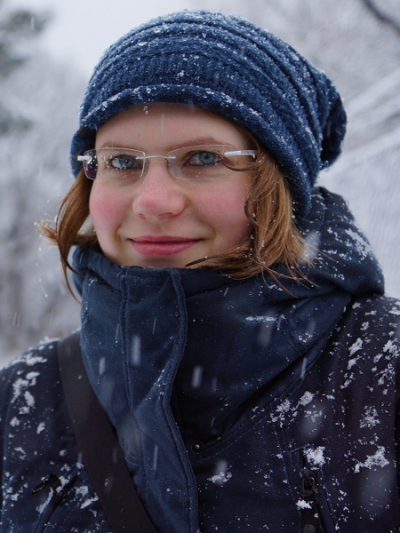
| Institution: | University of Bremen |
| Office: | NW 1, Room M-3200 |
| Telephone: | +49 (0)421 218 62156 |
| Email: | [Bitte aktivieren Sie Javascript] |
| Website: | |
| Project: | HB 2-5 Transport variability from the subtropics and its impact on glacial melt |
Damien Ringeisen
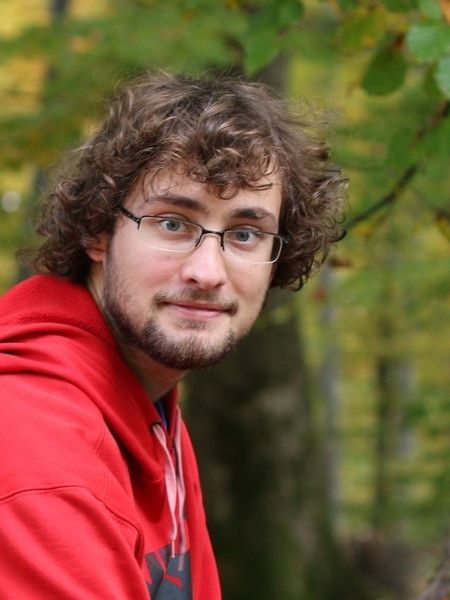
| Institution: | AWI Bremerhaven |
| Office: | AWI, Building F Room 211 |
| Telephone: | +49 (0)471-4831-1878 |
| Email: | [Bitte aktivieren Sie Javascript] |
| Website: | here |
| Project: | HB 2-2 Constraining sea ice models with observations and data assimilation methods: impact of rheology,resolution, and parameterizations on climate simulations |
Jeetendra Saini
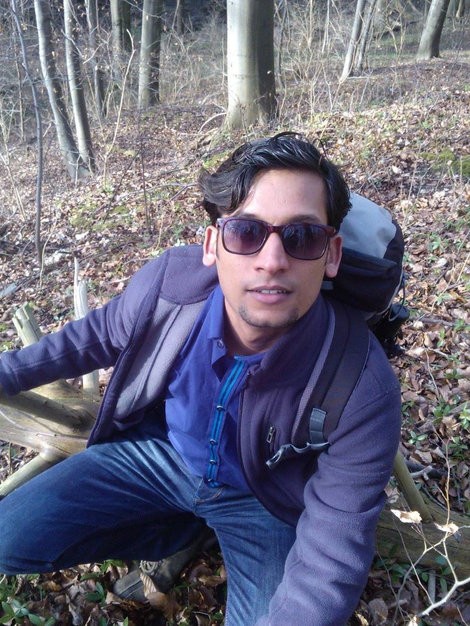
| Institution: | AWI Bremerhaven |
| Office: | AWI, Building D Room 1460 |
| Telephone: | +49 471-4831-2278 |
| Email: | [Bitte aktivieren Sie Javascript] |
| Website: | here |
| Project: | HB 2-3 Deglacial-Holocene variability in melt-water discharge, sea-ice formation, primary production and (abrupt) climate change |
Natalia Sukhikh
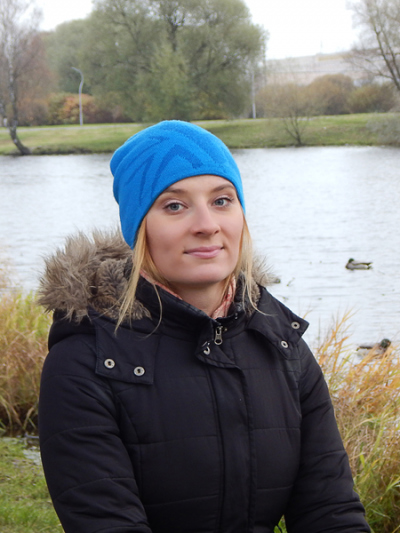
| Institution: | University of Bremen |
| Office: | NW1, Room M3150 |
| Telephone: | + 49 421 218 62168 |
| Email: | [Bitte aktivieren Sie Javascript] |
| Website: | |
| Project: | HB 2-6 Mixing-induced vertical heat and feshwater fluxes in the upper ocean |
Anouk Vlug
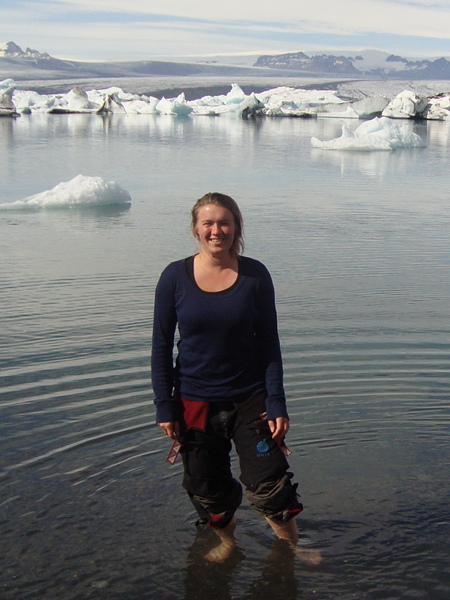
| Institution: | University of Bremen |
| Office: | GEO, Room 5420 |
| Telephone: | |
| Email: | [Bitte aktivieren Sie Javascript] |
| Website: | here |
| Project: | HB 2-4 Impact of natural climate variability on Canadian Arctic glaciers during the Holocene |
Jens Weiser
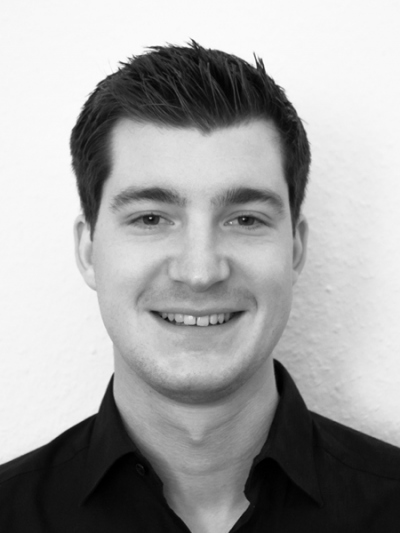
| Institution: | University of Bremen |
| Office: | Marum II, Room 3150 |
| Telephone: | |
| Email: | [Bitte aktivieren Sie Javascript] |
| Website: | here |
| Project: | HB 2-8 North - Eastern Baffin Bay response to (early) Holocene warming |
I’m excited to be part of ArcTrain because it presents a great opportunity to work in an international and interdisciplinary group of researchers, meet people and exchange ideas.


